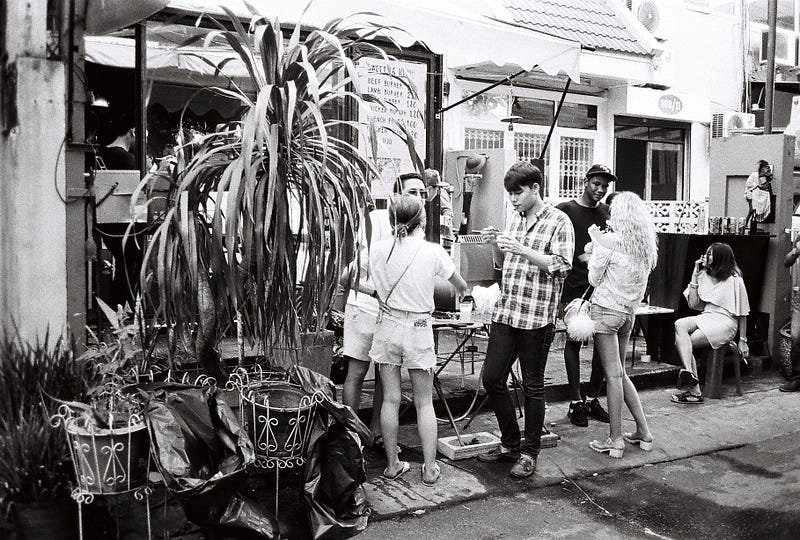Sexual Violence: 5 Things You Need To Know
Find out why victims are not speaking out and what to do.
Recently many actors and models including Cara Delevingne, Angelina Jolie, Blake Lively, and over 40 others came out to speak about sexual abuse by film producer, Harvey Weinstein. However, this abuse of power is not just a Hollywood problem, it’s common in other male-dominated industries like business and tech and beyond-- Weinstein is just one example of a systematic problem that we ignored for too long.
Here are five things you need to know about sexual violence:
1. Victims fear the risk of speaking out
Harvey Weinstein has been abusing women for decades. But most women who experience sexual harassment don’t file complaints because they’re scared of not being taken seriously and dismissed for being too emotional or punished for talking. According to EEOC Studies, 75% of those who file complaints do face retaliation.
Actress Ashley Judd acknowledges, "Women have been talking about Harvey amongst ourselves for a long time, and it's simply beyond time to have the conversation publicly."
Unsure of the impact speaking up will have on her career and life, Delevingne claims, “Since then I felt awful that I did the movie. I felt like I didn’t deserve the part. I was so hesitant about speaking out...I didn’t want to hurt his family. I felt guilty as if I did something wrong.”
2. Men experience sexual harassment as well
Gender-based violence has long been considered a “women’s issue.” But believe it or not, men experience sexual harassment as well. In 2010, EEOC reported that men made up 16.4% of the 11,717 sexual harassment charges. Yes, men can be vulnerable too and women can also be perpetrators. Similar to women, they experience shame, anger, and fear from sexual harassment. But many men may not speak about it and seek proper help because they fear that they’ll appear weak and vulnerable, contradicting society’s expectation for them to be powerful and in control of their bodies.
3. What’s the difference between sexual harassment and sexual assault?
Both are unwanted and uninvited sexual advances. Sexual harassments can be verbal. It often happens in the workplace, where someone is made to feel like their value is determined by their physical attributes and their skills or work are overlooked. Sexual assault involves physical contact involving force or threat. Even just a touch can be sexual assault. Rape is a type of sexual assault.
4. Men also play an important role
Men can help stop sexual violence. Men can be more aware of language and avoid using degrading language such as “bitch” or “whore.” Men can speak up and become women’s allies.They can teach boys that sexual violence is also a men’s issue, and teach them to be men in ways that don't lessen female’s status as humans.
Though there is a lot of room for improvement, there is progress and hopefully, there will be more in the future. On October 12, Ryan Gosling came forward, stating he is “deeply disappointed in [himself] for being so oblivious to these devastating experiences of sexual harassment and abuse.” He suggests that “men should stand with women and work together until there is real accountability and change.”
5. So, what's the solution?
Speak up! By not speaking up about these issues we are allowing it continue. The courage of these women inspired other women to come forward to speak about by Weinstein and by others. Right now, women are using the hashtag #MeToo on Twitter and Instagram to acknowledge that they suffered sexual violence. As of October 16, Twitter’s spokesman, Kyle Griffin, confirmed that the #MeToo has been tweeted nearly half a million times and 300,000 of which were from men.
.png)












